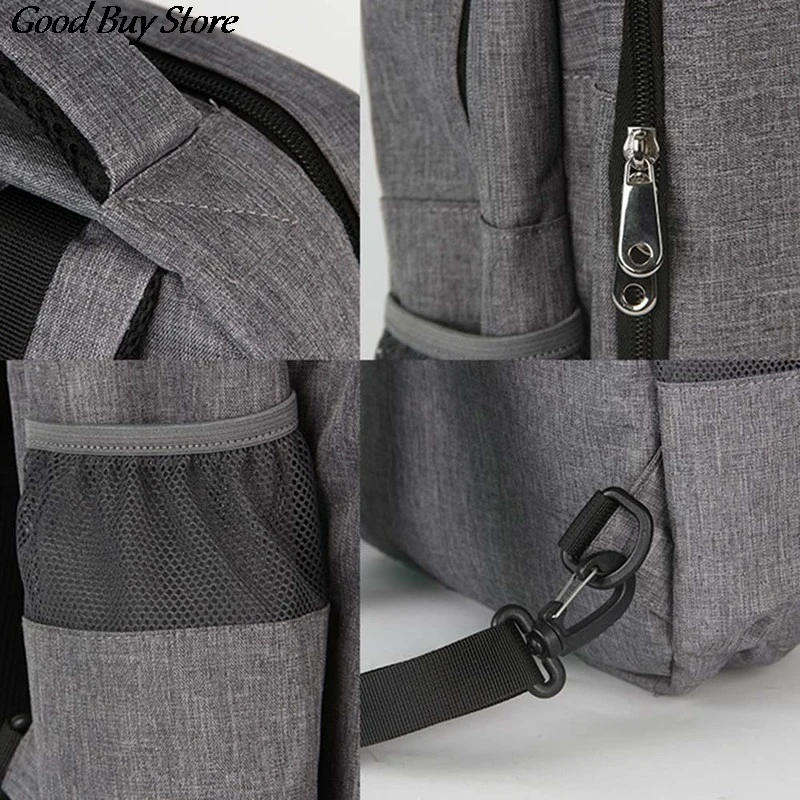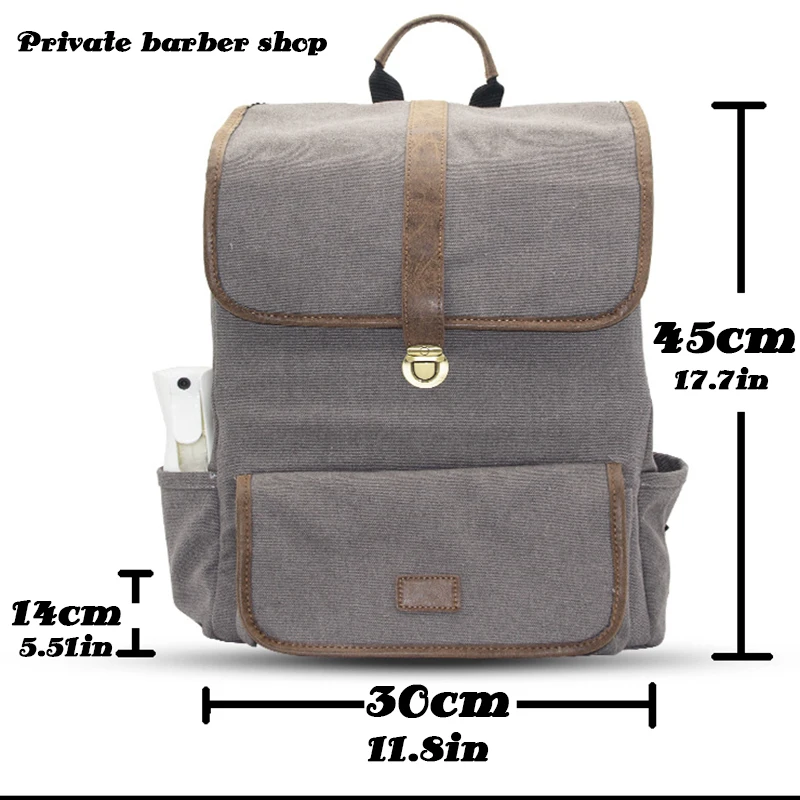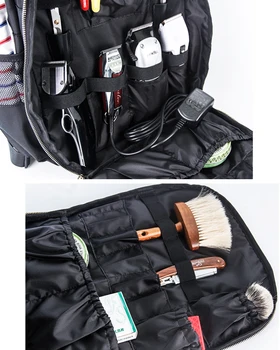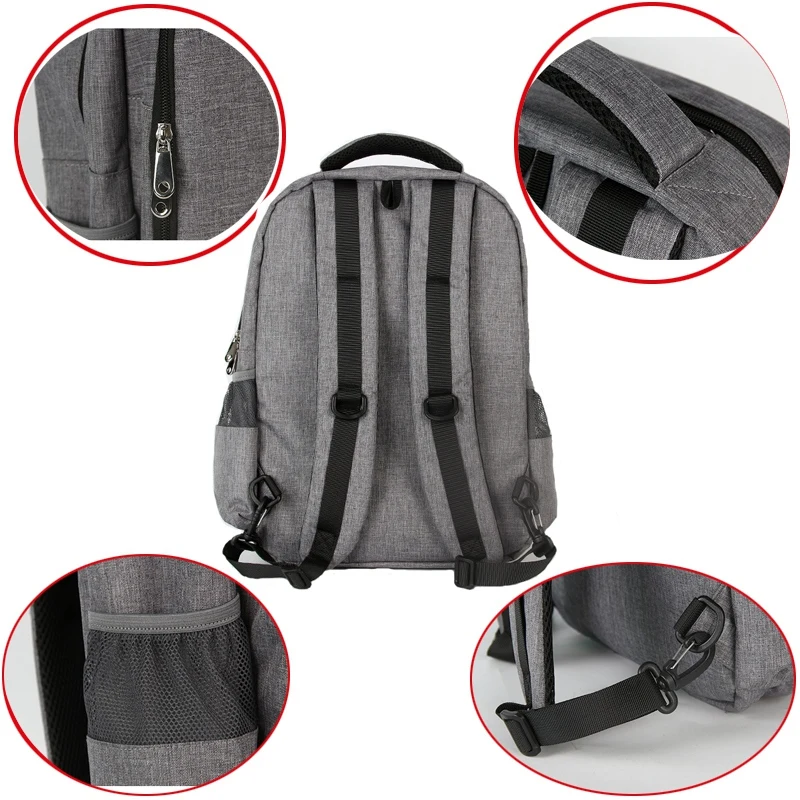
Machiaj ToolBarber de Călătorie Portabil Multifuncțional Rucsac, Sac de Depozitare Frizer care Transportă Caz pentru Frizerie Coafura Sac cumpara / Instrumente De Styling \ The-a-team.ro

Cumpără Instrument de coafură de depozitare Rucsac Frizer Styling Instrumente de exterior de călătorie umeri Bag la prețuri mici — livrare gratuită, recenzii cu poze reale — Joom

Frizer rucsac de coafură foarfece sac usb valiza tunsoare de mare capacitate multifunctional coafor instrument de stocare de caz vanzare ~ mall \ www.scoalaenescu.ro

Cumpara Frizer care transportă caz pentru wahl frizer instrumente de styling, accesorii capacitate de stocare de mare rucsac de călătorie umeri geanta / Instrumente De Styling > www.comisaruldeiasi.ro

Cumpără Instrument de coafură de depozitare Rucsac Frizer Styling Instrumente de exterior de călătorie umeri Bag la prețuri mici — livrare gratuită, recenzii cu poze reale — Joom

La reducere! De Mare Capacitate, Frizer Rucsac De Păr Foarfeca Sac Impermeabil De Afaceri Sac De Depozitare De Coafură Rucsac De Umăr Foarfece Tool Box < Bărbați Pungi - Revistadefotbal.ro

Salon De Coafură, Frizer Păr Foarfeca Pieptene Geanta Rucsac Instrumente Capacitate Clipper Husă De Depozitare Tunsoare Cazul Valiza cumpara > Frumusețe & Sănătate - Minipot.ro

La reducere! Frizer Rucsac De Călătorie Salon De Styling Instrument De Stocare De Caz Tuns Foarfece De Organizator,ușor De Curățat > Misc | www.pensiuneamedeea.ro

Reducere Frizer Rucsac De Păr Salon Multifunctional Instrument De Stocare Rucsac De Coafor Stilist Sac De Depozitare Stilist De Par Tuns Sac \ Instrumente De Styling ~ Maopub.ro

Gri frizer care transportă caz pentru wahl frizer instrumente de styling, accesorii capacitate de stocare de mare rucsac de călătorie umeri geanta / Casa De Depozitare & Organizare \ Lotus-imobiliare.ro

Gri frizer care transportă caz pentru wahl frizer instrumente de styling, accesorii capacitate de stocare de mare rucsac de călătorie umeri geanta / Casa De Depozitare & Organizare \ Lotus-imobiliare.ro

Frizerski Torbe-Frizer-Stilist, Torba Za spremanje Alata za Frizerske salone, Vodootporan Ruksak Za Pohranu Velikog Kapaciteta, Putnu Torbu Na Ramena, CNIM Hot Rasprodaja / Pribor za ručni i električni alat < www.apartmani-hasic.com.hr

Cumpara Frizer care transportă caz pentru wahl frizer instrumente de styling, accesorii capacitate de stocare de mare rucsac de călătorie umeri geanta / Instrumente De Styling > www.comisaruldeiasi.ro

Cumpără Instrument de coafură de depozitare Rucsac Frizer Styling Instrumente de exterior de călătorie umeri Bag la prețuri mici — livrare gratuită, recenzii cu poze reale — Joom

Frizer care transportă caz pentru wahl frizer instrumente de styling, accesorii capacitate de stocare de mare rucsac de călătorie umeri geanta ~ Casa De Depozitare & Organizare / I-dt.ro

La reducere! Frizerie Coafură Rucsac Salon Multifunctional Sac De Depozitare De Mare Capacitate Frumusete Machiaj Sac De Instrument Portabil Caz \ Frumusețe & sănătate / Phonerepairshop.ro

Frizer rucsac de călătorie portabil multifuncțional rucsac, sac de depozitare frizer care transportă caz pentru frizerie coafura instrumente de machiaj / priza < Online-licente.ro

Cumpără Instrument de coafură de depozitare Rucsac Frizer Styling Instrumente de exterior de călătorie umeri Bag la prețuri mici — livrare gratuită, recenzii cu poze reale — Joom

Frizer Geanta Rucsac De Călătorie Pungi De Depozitare De Coafură Instrument De Stocare Pachet Machiaj De Mare Capacitate Rucsac Rucsac Multifunctional cumpara / Instrumente De Styling \ The-a-team.ro

Cumpara online Moda Salon De Coafură Instrument Sac De Depozitare Frizer Dungă Rucsac Mare Capacitate De Stocare De Caz Multifunctional, Genti De Voiaj \ Frumusețe & Sănătate / A-ztech.ro

La reducere! Frizer Rucsac De Călătorie Salon De Styling Instrument De Stocare De Caz Tuns Foarfece De Organizator,ușor De Curățat > Misc | www.pensiuneamedeea.ro

Coafură foarfece rucsac frizer profesionist de afaceri, pungi de depozitare salon de instrumente de tăiere păr rucsaci geantă cu curea de umăr - Bărbați pungi < www.videoprint.ro

Cumpără Instrument de coafură de depozitare Rucsac Frizer Styling Instrumente de exterior de călătorie umeri Bag la prețuri mici — livrare gratuită, recenzii cu poze reale — Joom


